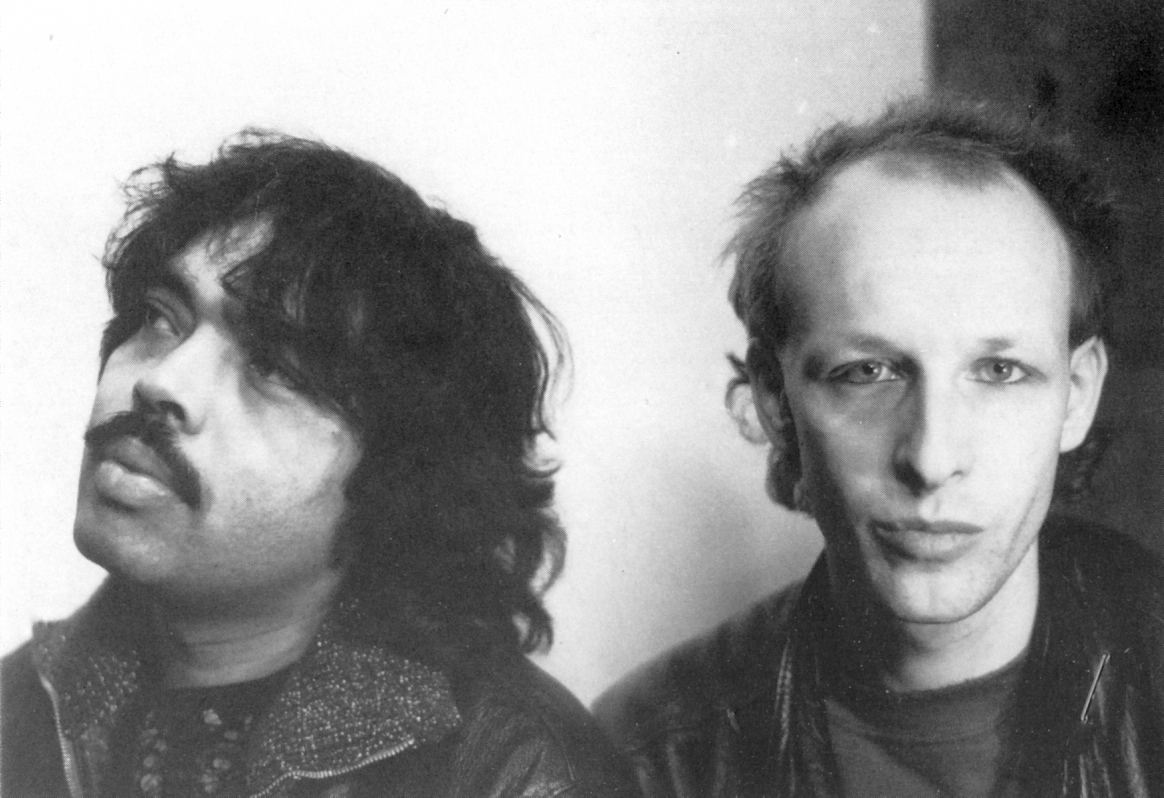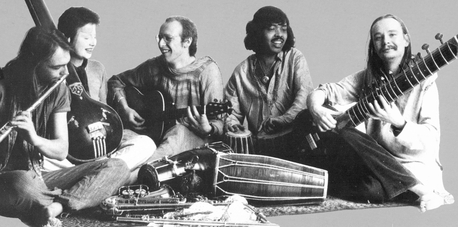Written by:
Khidja
Share article:
First steps, first recordings
Khidja talked via skype with Jens Fisher from Tri Atma.
Khidja: How and where did Tri Atma come together? Is the name a Christian reference?
Jens Fischer: [laughter], haha, Tri Atma was founded around 1976, initially we were 3 people, the tabla player Asim (pronounced Oshim), a saxophone player Herbert Koschmieder (Herbert died in 2013) and a sitar player, Manfred Flathe. They started it and after the first jam session they came out with the name Tri Atma. It has absolutely no religious meaning, what brought us together was just music and nothing else.
Khidja: How did you join?
Jens: I came in really short after the group was founded, after that we brought in a tambura player, a girl. Her name is Martina Specht. When we started we were an acoustic band.
Khidja: Were you classically trained?
Jens: No, not at all. Our sitar player Manfred first started learning with a german teacher and then went to India to study with a local one. Asim was also trained there, but not in a classical way, more towards Indian folk. Manfred also studied jazz guitar in Munich and i studied classical guitar in Hannover.
Khidja: You all met in Hamburg or Hannover?
Jens: In Hannover, that was our base during that time. Asim lived in Bremen, 100 km away. We kept on driving between the two.
Khidja: How did you start recording the first album? Were the songs outtakes from jam sessions or did you do classical song writing sessions?
Jens: It all started in the practice room, we would just sit down and write everything together. We would then practice for hours or days and after that we would just record it almost live in a regular studio, 24-track analog tape machine. But we had a short fuse that helped us initially. There was a festival in 1978 in Munich, put together by the "Bayerische Rundfunk", "Pop Nachwuchs" festival, the first one of it's kind in Germany actually. The festival had three categories: Jazz, rock and singer / songwriter or something similar. They couldn't fit us in any of the categories but liked us very much, so, what they did was make a special category just for us and give us a prize. This really helped jumpstart Tri Atma, and land us the record deal.
Khidja: What happened after the first release?
Jens: It came out in Germany and we had a lot of live gigs all over Germany and Austria. That was our main job, playing festivals and gigs everywhere we could.






